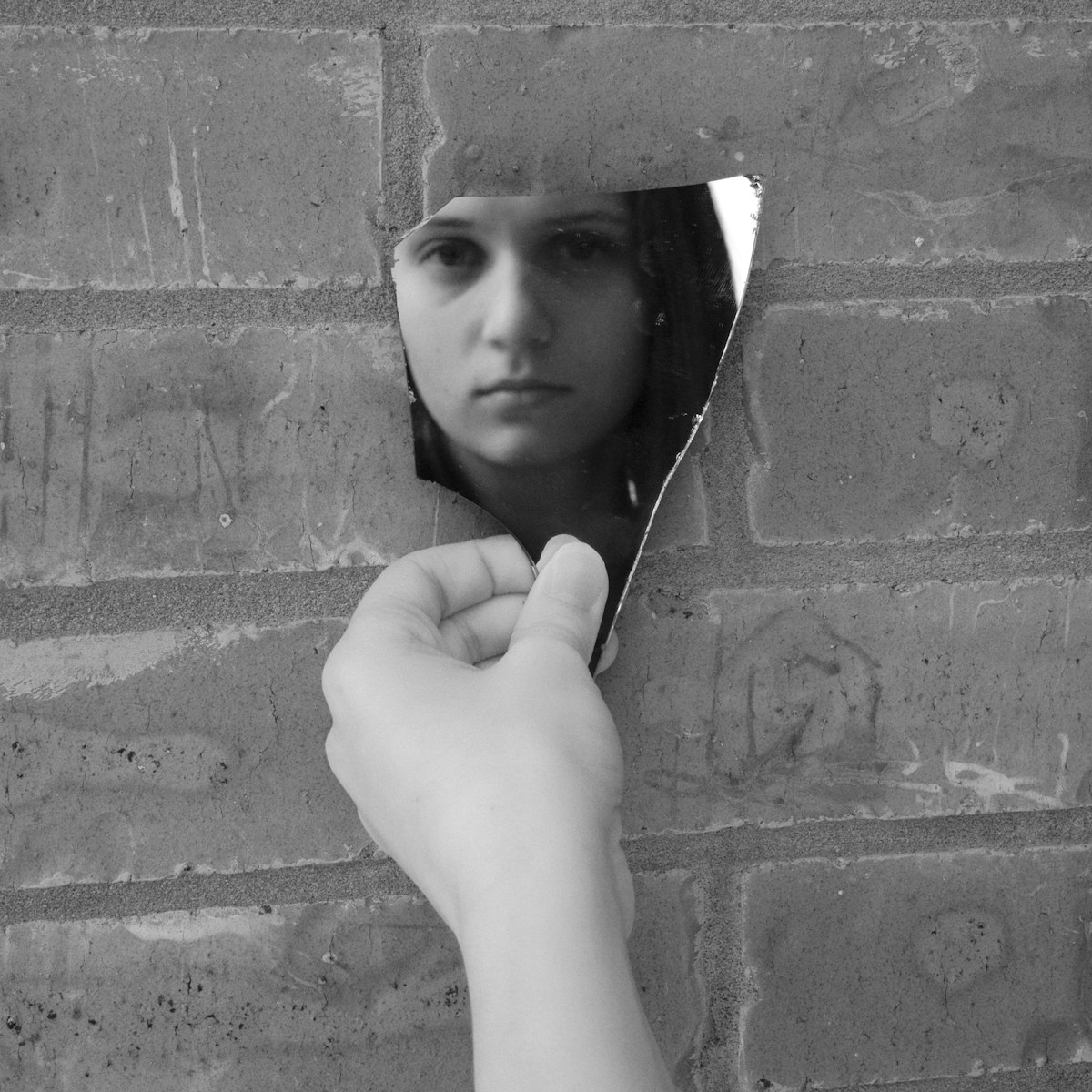Gifted kids often grow up with big expectations. People expect them to be perfect in school, great at socializing, and always confident. But media — the movies, series, and shows kids watch every day — doesn’t always show gifted kids this way. Instead, it often uses stereotypes. Some gifted characters are shown as awkward and nerdy, others as arrogant or strange. These portrayals matter because they shape how gifted children see themselves and how others see them too.
One major idea in gifted education is the difference between two views: the “harmony” hypothesis and the “disharmony” hypothesis. The harmony view sees gifted people as well-rounded — smart, emotionally stable, and socially successful. The disharmony view, on the other hand, shows gifted people as brilliant but emotionally unbalanced or socially awkward. In the media, both types appear, but often with a negative tone.
A study of Disney Channel shows, which are watched by millions of children, found that both types of portrayals are common. Gifted characters like Cody from Suite Life or Justin from Wizards of Waverly Place sometimes show confidence and talent, but also arrogance or anxiety. Some characters are shown as introverted or weird. Others are friendly, creative, and admired by their peers. The study found a slightly higher amount of positive portrayals, but the difference was small. This suggests that while some shows try to show giftedness in a good light, the mix of messages can still be confusing for young viewers.
Older research looked at shows like The Simpsons, Daria, and even Harry Potter. These also show mixed messages. Lisa Simpson is clearly gifted but often isolated. Daria is very intelligent but sarcastic and distant. Hermione is smart and hardworking but often mocked or ignored. Even in shows aimed at teens, being gifted can mean being lonely, or having to choose between being accepted or being yourself.
Girls in particular face pressure to hide their intelligence. Studies show that many gifted girls feel they must choose between being smart and being popular. Characters like Quinn (Daria’s sister) or some girls in Buffy the Vampire Slayer pretend not to be smart so they won’t be judged. This reflects real-world experiences, where smart girls are sometimes told to “tone it down” to fit in.
Still, not all portrayals are negative. Some recent media has started showing gifted characters as proud of their abilities and able to be themselves. Smart girls are starting to be shown as leaders, problem solvers, and role models. Some even take back the word “nerd” as a badge of pride.
In the end, media matters. Kids watch TV and movies every day. What they see helps them understand who they are and who they can be. If media shows gifted people as diverse, confident, and valued — instead of weird or arrogant — gifted kids will feel more confident too. They’ll feel less alone. They might even feel proud to be gifted.



